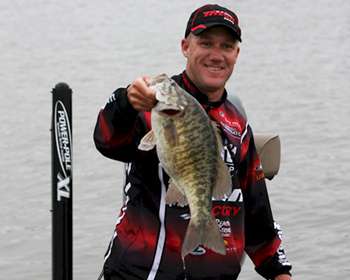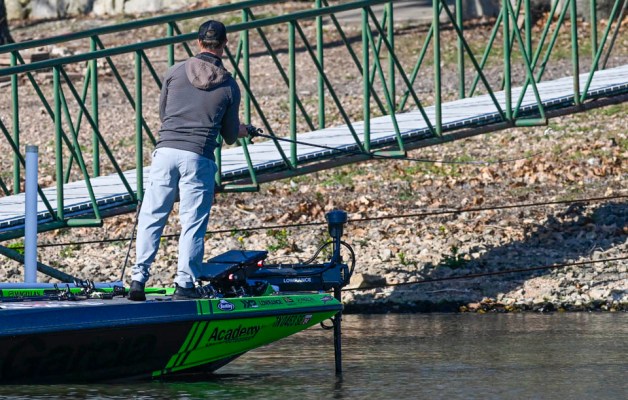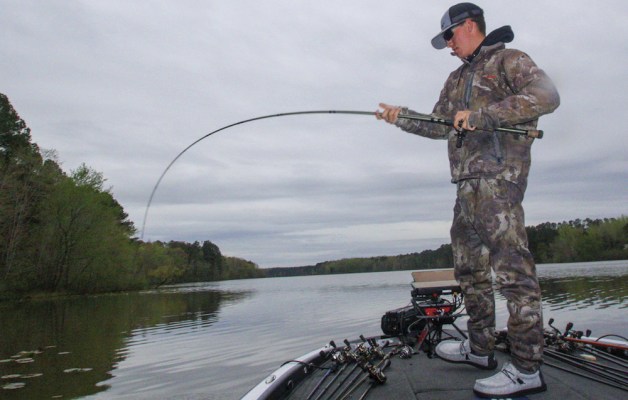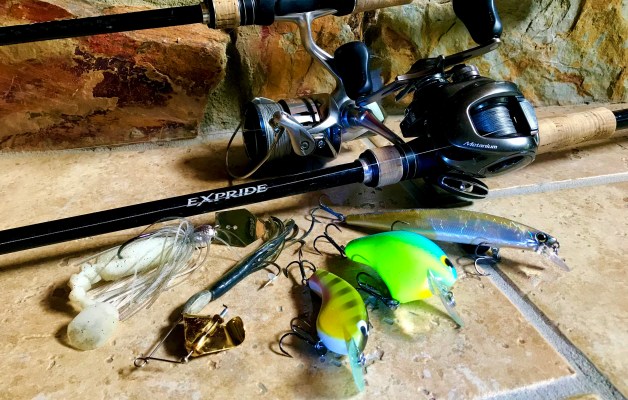
No computer simulation can capture the thrill of bass fishing — making the first run across a glassy lake, the thrill of a topwater strike, the satisfaction of setting the hook into a lunker largemouth — but if anglers don't use computers as part of their angling arsenals, they're missing out on one of the greatest tools since the plastic worm.
That doesn't just apply to high-tech motors with computer chips or fancy marine electronics, either. A lot of the best uses of technology can come from the desktop personal computer you have at home or a laptop that you take on the road.
Elite Series pro Brent Chapman claims to be "kind of old school," but he's integrated a personal computer into his tournament preparation, and it has paid off with three consecutive Bassmaster Classic appearances. Foremost, he uses it as a means of logging information. "After each tournament, I'll log on and print out the standings for my personal files." he says. "I want it on paper."
In addition to printing out standings, Chapman includes objective information with his own personal spin on what happened. "In each entry for every one of these days on the water, I write what I did and what I heard other guys did," he says. Chapman will also look at print magazines and fishing Web sites for additional information. "If they have tournament results, I'll print the article out and put it in the file. Some of it doesn't help, but you'd be amazed at how often you get a little tidbit that does help."
While his personal computer allows him to aggregate information about past tournaments, it also makes the globe quite a bit smaller. They don't call it the World Wide Web for nothing. As a result, Chapman scours the Internet looking for trends and tackle that he can't get at home or around any of the tournament lakes he visits.
"That's where our tackle industry is going, to the Internet," he says. "A lot of the big stores are all about selling their own brands, so you can't get a lot of the professional-grade tackle. There are a lot of specialty things that we use out here that is only available online."
For example, had Chapman not had access to online tackle shopping, he would have been out of luck when the Elite Series initially visited Lake Amistad in Texas. He knew that swimbaits would likely play a role in many top finishers' catches, but they weren't exactly brimming on the pegboards of tackle stores near his Kansas home.
"A lot of those swimbaits are very common in California, but outside that state you can't buy them," he explains. "At Amistad, swimbaits were very big, but you couldn't get them down there." Luckily, he could peruse the selection online, read the message boards and figure out what he needed to buy and how many of them would hold him over.
Chapman's next step in online bassin' is to truly take it global by deciphering some of the foreign-made techniques and the tackle they require. He knows that Japanese manufacturers have "all sorts of technical stuff" that is unavailable in the United States. Rather than waiting for the techniques and tackle to trickle into the states, Chapman is looking to be proactive and get ahead of the game with a little help from the Web.
Most importantly, he can learn about it, and then order it, from the comfort of his own home.





